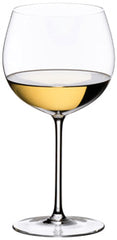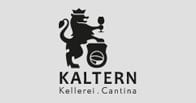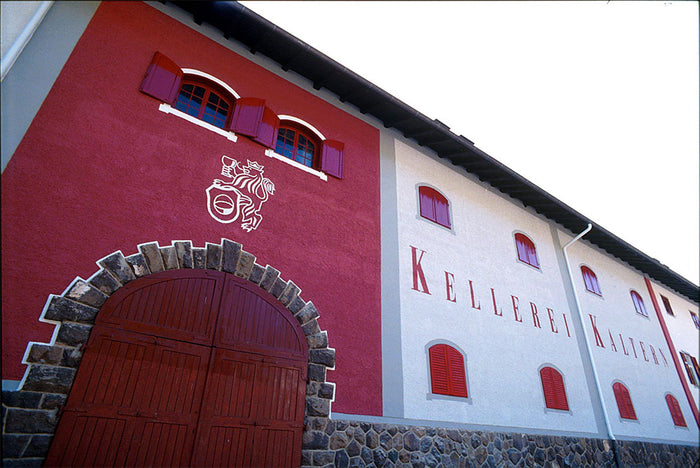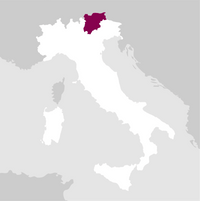Description
This Chardonnay wine from South Tyrol is perfect for those who know that fashions are fleeting and prefer certainties.
Awards
Details

Perfume

Color

Taste
Serve at:
12 - 14 °C.
Longevity:
03 - 05 years

Pairings
- Start up year: 1900
- Oenologist: Thomas Scarizuola
- Bottles produced: 4.000.000
- Hectares: 440
Today, Kellerei Kaltern is one of the most relevant wineries in South Tyrol. The wine-growing municipality of Kaltern, the best known and best loved in South Tyrol, is proud of its reputation. But Kellerei Kaltern is more than just a special place for wine enthusiasts and connoisseurs. Wine is the great protagonist in the community's life: it has shaped it over the years by giving employment to local people. As a result, the wine fills the inhabitants and farmers with pride. For many, it is a full-time professional commitment pursued with great passion in many different spheres, whether in vineyards, cellars, gastronomy, or commerce.
For Kellerei Kaltern, wine is synonymous with taste and quality thanks to the terroir and the local community, making wines unique.
Kellerei Kaltern plays a vital role in this respect, perfectly reflecting the company philosophy: the unity of purpose and a constant search for quality to spread the spirit, the euphoria, the collective commitment, the wine and, of course, the natural beauty worldwide. Read more


| Name | Caldaro Saleit Chardonnay 2023 |
|---|---|
| Type | White green still |
| Denomination | Alto Adige DOC |
| Vintage | 2023 |
| Size | 0,75 l |
| Alcohol content | 13.5% by volume |
| Grape varieties | 100% Chardonnay |
| Country | Italy |
| Region | Trentino Alto Adige |
| Vendor | Kaltern Caldaro |
| Origin | Kaltern (Bolzano/Bozen) |
| Climate | Altitude: 350-450 m a.s.l. Exposure: South and East. Windy area. |
| Soil composition | Limestone, sandy clay. |
| Cultivation system | Guyot |
| Yield per hectare | 6,000 kg/hectare |
| Fermentation temperature | 18 °C |
| Wine making | Grapes are perfectly destemmed followed by cold maceration for 10 8 hours, soft pressing, natural decanting of the must, and slow fermentation at a controlled temperature of 18°C. |
| Aging | 5 months of ageing on fine lees, 50% in tonneaux and large wooden barrels, followed by filtering and bottling in March. |
| Total acidity | 5.8 gr/L |
| Residual sugar | 3.0 gr/L |
| Allergens | Contains sulphites |







